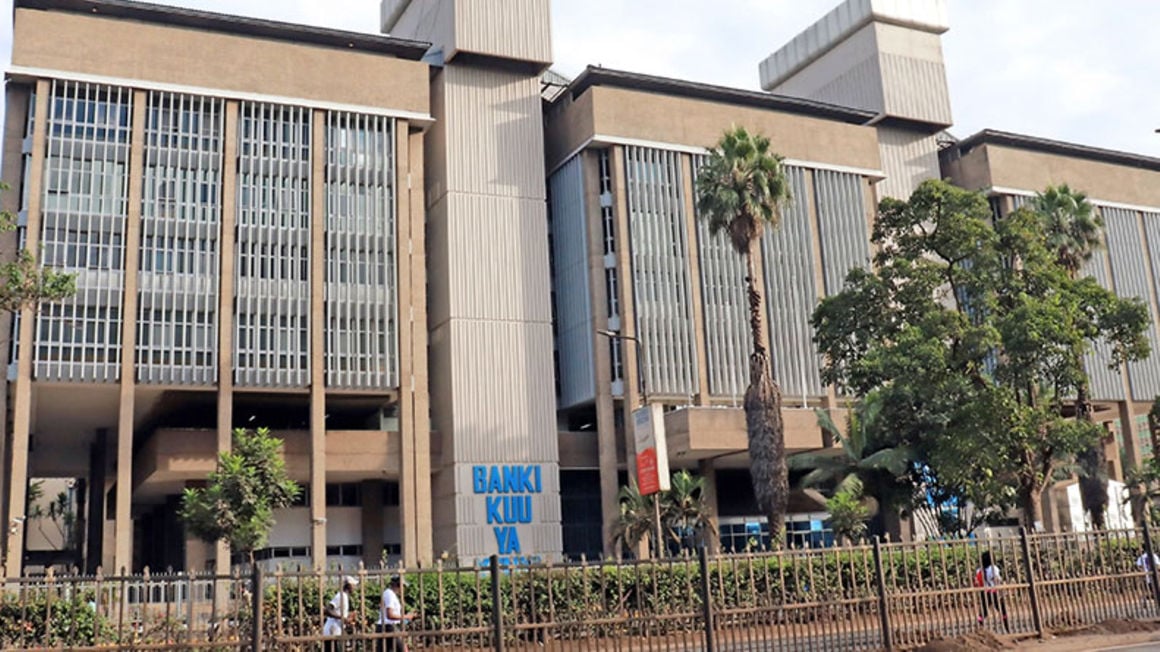
Central Bank of Kenya. FILE PHOTO | NMG
Summary
- More than 39,000 victims of pyramid schemes have suffered a blow after the High Court dismissed their plea for a Sh8 billion compensation by the State.
- The victims had sued the government for failing to protect them against the deceitful schemes, leading to their loss of money.
- In the suit, the group sought orders to be compensated using the assets of the fraudulent schemes that the Central Bank of Kenya (CBK) confiscated during a 2007.
More than 39,000 victims of pyramid schemes have suffered a blow after the High Court dismissed their plea for a Sh8 billion compensation by the State.
The victims had sued the government for failing to protect them against the deceitful schemes, leading to their loss of money. In the suit, the group sought orders to be compensated using the assets of the fraudulent schemes that the Central Bank of Kenya (CBK) confiscated during a 2007.
High Court judge James Makau, however, dismissed the case, terming it an abuse of judicial processes.
The victims had a contractual relationship between themselves and the owners of the schemes and could not blame the State for their actions, said Justice Makau.
He observed the State was on record having warned members of the public against investing in phony schemes and therefore could not be held liable for the losses suffered by the victims of the pyramid schemes.
“The CBK advised the general public to conduct due diligence so as to verify the legitimacy and the sources of the handsome returns and warned them to beware of investment opportunities that promise high returns dividends,” Justice Makau said.
“I find that given the attitude adopted by the petitioners that any attempts to intervene were met with acrimony from investors, who viewed the government involvement as interference with their investment activities.”
Court documents showed that there were 257 outfits, which the victims said operated under the knowledge of the government.
The schemes were registered as limited liability companies, trusts, sole partnerships, businesses, welfare associations, non-governmental organisations, micro-finance groups and savings and credit societies.
The operators opened bank accounts under false pretence of paying high returns on deposits.
The victims in the suit accused the government of being negligent and breaching the trust bestowed it by registering the outfits.
They argued that they could have been saved from the loss to the pyramid schemes if the government had properly vetted the institutions that were later found to be fraudulent. They further said they had entrusted their money with the schemes in the belief that the government had done its due diligence before registering them.
PRIVATE CONTRACT
In its defence, the State denied authorising the dealings with the pyramid schemes and maintained that it could not be blamed for the misfortune of the investors whom it said had entered into private contract with their swindlers.
The State also denied that it money was recovered from the pyramid schemes and remitted to the CBK.
The banking regulator in its part said the victims had themselves to blame for the risk they took in making their investments with the pyramid schemes.


No comments:
Post a Comment